For more information:
Email UsWe all are impacted by, and reap the benefits of, medical research discoveries. From over-the-counter drugs, to healthcare policies and educational interventions, many of these advancements are a result of incredible feats, decades of work, and sometimes serendipitous events. Join us as we sit down with Harvard researchers to discuss these captivating behind-the-scenes stories of research.
May 26, 2021
Developing Organoids from Tumors
Senthil Muthuswamy, PhD, director of the Cell Biology Program at the Cancer Center at BIDMC, discusses his use of organoid models to grow 3D cancer tumor cells and his current clinical trial “Harnessing Organoids for Personalized Treatment” (HOPE).
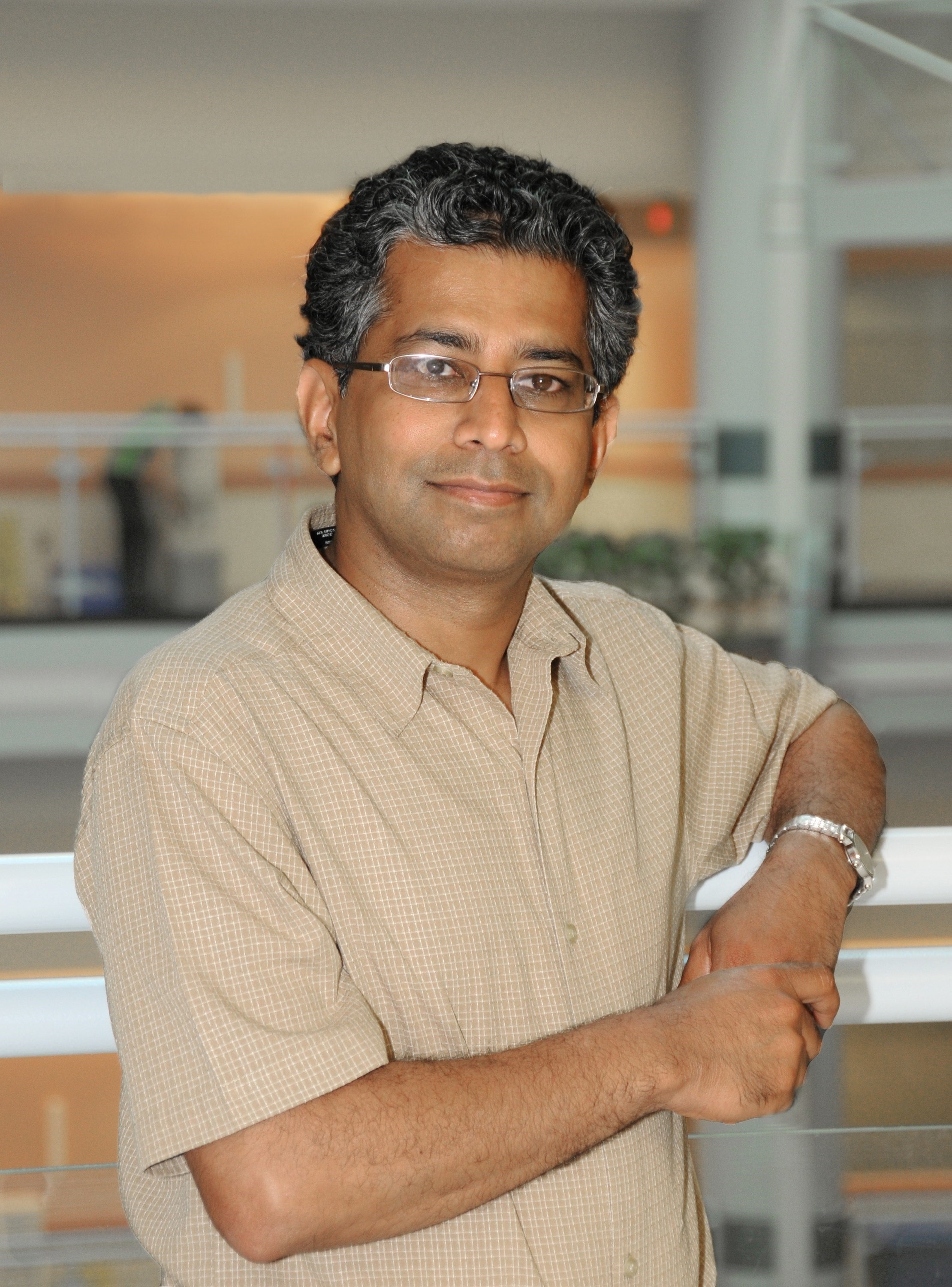
Senthil K. Muthuswamy, PhD, is the director of the Cell Biology Program at the Cancer Center at Beth Israel Deaconess Medical Center. Muthuswamy was among the first to employ three-dimensional cell culture (referred to as organoids). His laboratory develops and uses organoid models to understand how cell polarity proteins regulate cancer initiation, progression, and therapy resistance. Ongoing work in his group involves using organoids for understanding how cell polarity proteins modulate cancer initiation, therapy resistance, biomarker discovery, and T cell–tumor cell interactions. In addition, his group works closely with clinical teams to investigate the utility of patient-derived tumor organoids for the personalization of treatment for cancer patients. Muthuswamy received his PhD from McMaster University, Canada, and completed his postdoctoral fellowship with Joan Brugge at HMS.
May 12, 2021
Modeling the Kidney
Samirah Musah, PhD, stem cell biologist and bioengineer, discusses her lab’s research and work to create a functional model of the kidney using “organ on a chip” technology.
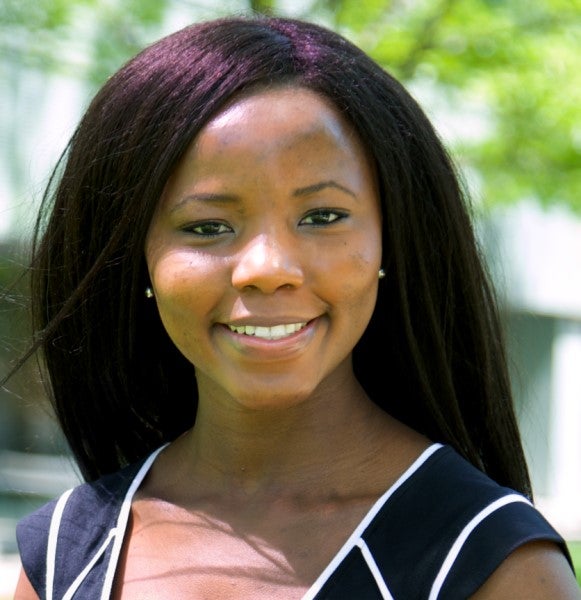
Samira Musah, PhD, is a stem cell biologist and bioengineer who holds a joint faculty position at Duke University in the biomedical engineering and medicine departments. Musah’s work focuses on the development of novel methods to direct the differentiation of human pluripotent stem cells and engineering of microphysiological systems, including organs-on-chips and bioactive materials. She is a Duke MEDx Investigator and an affiliated faculty member of the Regeneration Next Initiative. Her laboratory research focuses on the roles of molecular and biophysical cues in human organ development and how these processes can be harnessed to understand disease mechanisms and develop new therapeutic strategies. Musah is the recipient of numerous awards including the Dean’s Postdoctoral Fellowship at Harvard Medical School, National Science Foundation Graduate Research Fellowship, and the Novartis Institute for Biomedical Research Award.
April 28, 2021
Community Engaged: Student Practice Placement Initiative
Ayesha Cammaerts, MBA, Boston Children’s Hospital Office of Community Health, and Hae In Kim, MPH, former intern in our Community Engagement program student practice placement initiative, discuss Kim’s experience as an intern working under the guidance of Cammaerts and what makes student practice placements successful. The program is designed to build sustained, bi-directional collaborations between community organizations and Harvard University, and to develop practical community engagement skills while increasing the capacity of local partners. Rebekka Lee, ScD, our Community Engagement program director, serves as guest host.
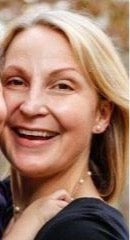
Ayesha Cammaerts, MBA, serves as the senior manager of community programs at Boston Children’s Hospital Office of Community Health. There, she leads the Birth to 5 Child Health and Development Initiative, a 10-year, $17 million grant program to support early childhood success across greater Boston. Cammaerts also manages the triennial community health needs assessment and implementation strategy for the hospital. She is a strong advocate for families and racial justice as a member of the Boston Opportunity Agenda 0-8 Leadership team, the Early Childhood Funders Collaborative Steering Committee, and the Boston CHNA-CHIP Collaborative. Previously, Cammaerts worked at Massachusetts Medicaid supporting the implementation of the state healthcare reform. She also has experience as a community health worker, clinical health educator, program manager, and parent and family advocate. She earned her MBA in health care policy and management from the Heller School at Brandeis.

Hae In Kim, MPH, is deputy director of planning and development at the Mayor’s Office of Food Access, where she helps the office plan how to meet the immediate and long-term food needs of Bostonians. Additionally, she works with partners to address food insecurity in Boston. Kim holds a master’s degree in public health from the Harvard T.H. Chan School of Public Health.
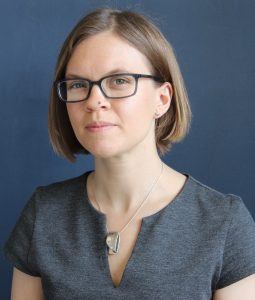
Rebekka Lee, ScD, is a research scientist at the Harvard T.H. Chan School of Public Health. She has spent over a decade working at the Prevention Research Center on Nutrition and Physical Activity, where she uses mixed methods to conduct research and evaluation with partners at the Boston Public Health Commission, Massachusetts Department of Public Health, and YMCA. Her research focuses on designing and evaluating community-based interventions that translate into real world policy and environmental change, focusing in particular on investigating the contextual factors that impact effective implementation and promote health equity. She also serves as the director for the Community Engagement program at Harvard Catalyst, providing capacity building on mixed methods, implementation science, and community-based participatory research. At the Implementation Science Center for Cancer Control Equity, Lee is co-director of the Administrative Core and leads a pilot on evidence-based cancer prevention through clinical-community partnerships. She teaches courses on program planning and program evaluation and is the co-director of Leaders in Health community training program.
April 7, 2021
The Story of TEMPI Syndrome
We’re surrounded everyday with the realization that patients and their diseases can teach us something,” says David Sykes, principal investigator of Sykes Lab at Massachusetts General Hospital. Sykes discusses a system he’s developed to transfuse neutrophil progenitors for patients and a new disease he discovered called TEMPI.
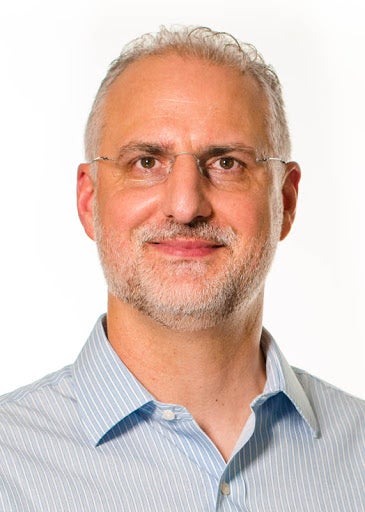
David Sykes, MD, PhD, is an assistant professor within the Center for Regenerative Medicine at the Massachusetts General Hospital (MGH). His research aims to develop new treatments for patients with benign and malignant blood disorders. Sykes completed his undergraduate degree in biochemistry at the University of Alberta and moved to La Jolla, California to begin the Medical Scientist Training Program at the University of California San Diego. He then completed his medical internship and residency at MGH and a fellowship in hematology and oncology at the combined Dana-Farber Cancer Institute and MGH Cancer Center program. Sykes spent a year as chief resident in the Department of Medicine before starting his postdoctoral research at the Center for Regenerative Medicine, where he has since stayed on as a principal investigator.
March 24, 2021
Equitable Care in Clinical Settings
Junaid Nabi, MD, MPH, a senior researcher at Harvard Business School, shares his research investigating healthcare access and quality of care.
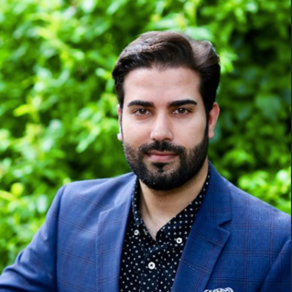
Junaid Nabi, MD, MPH, is a public health researcher and medical journalist. A senior researcher at Harvard Business School, he is examining how value-based healthcare strategy can transform care delivery and promote health equity. He is also a senior fellow at the Aspen Institute and a fellow at the Harvard Graduate School Leadership Incubator. His previous projects at Harvard Medical School and Brigham and Women’s Hospital included investigating health system factors that lead to racial disparities in cancer care, evaluating the economic impact of innovative medical technologies, and implementation of novel digital decision support tools into electronic medical records. His ongoing research in medical ethics and global health policy includes studying global health colonialism and healthcare equity, understanding the role of bioethics in artificial intelligence-based medical decision-making systems, and applying principles of behavioral economics in the delivery of healthcare.
March 10, 2021
Nutrition and Fertility
Jorge Chavarro, MD, ScD, ScM, of Harvard T.H. Chan School of Public Health, discusses his research studying the impact of nutrition on fertility.
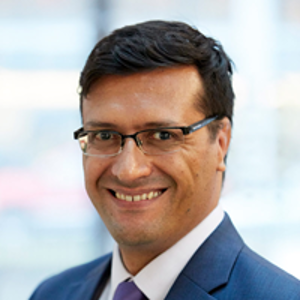
Jorge Chavarro, MD, ScM, ScD, is an associate professor of nutrition and epidemiology at the Harvard T.H. Chan School of Public Health. He investigates the role of diet, and the interaction between dietary and genetic factors in the pathogenesis of diseases affecting reproductive and hormone sensitive organs, such as prostate cancer. He is currently investigating how different dietary and lifestyle factors are related to male and female fertility and infertility treatment outcomes with the goal of identifying strategies for fertility preservation in cancer survivors and the general population.
February 24, 2021
Alcoholism and Chronic Liver Disease
Gyongi Szabo, MD, PhD, Hon. ScD, chief academic officer at Beth Israel Deaconess Medical Center, discusses her research on the effects of alcohol on the liver.

Gyongyi Szabo, MD, PhD, Hon. ScD, is chief academic officer at both Beth Israel Lahey Health and Beth Israel Deaconess Medical Center, where she oversees the institutions’ research and teaching programs and supports basic, translational, and clinical research. Additionally, she leads a laboratory which focuses on finding cures for liver inflammation. Szabo earned her medical degree at the University Medical School in Debrecen, Hungary, and her doctoral degree from the Hungarian Academy of Sciences.
February 10, 2021
More than Movement Disorders: Studying Huntington’s and Parkinson’s
Neurologist Samuel Frank, MD, discusses his work studying Huntington’s disease, dystonia, and Parkinson’s disease, as well as his involvement in clinical research studies to help better diagnose and treat patients with these movement disorders.

Samuel A. Frank, MD, is director of the Huntington’s Disease Society of America Center of Excellence at Beth Israel Deaconess Medical Center (BIDMC), and associate professor of neurology. He completed his fellowship in experimental therapeutics with a focus on movement disorders. In addition, Frank directs research and leads clinical trials as part of BIDMC’s Parkinson’s Disease and Movement Disorders Center. His goal is to develop treatments to improve the lives of patients with Parkinson’s disease.

